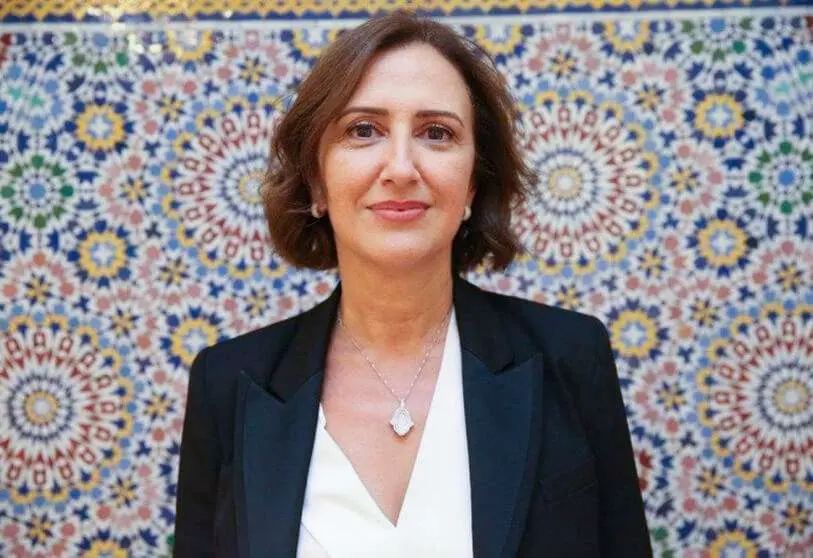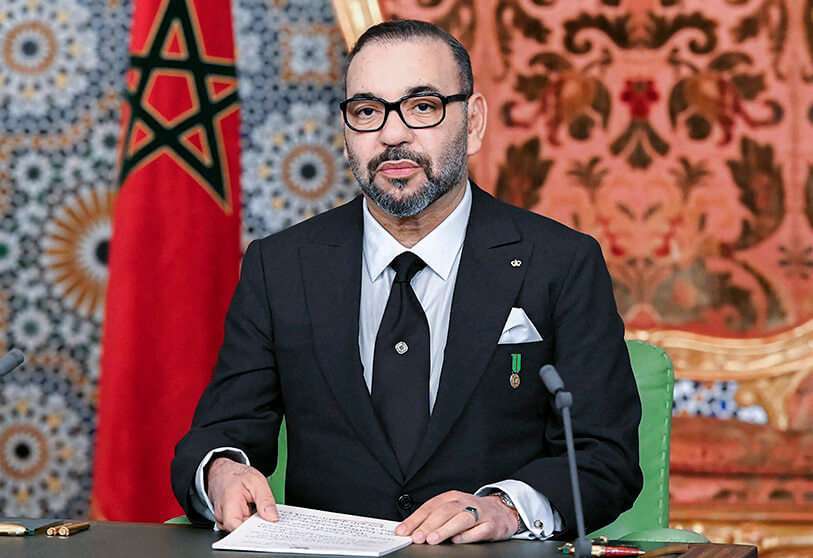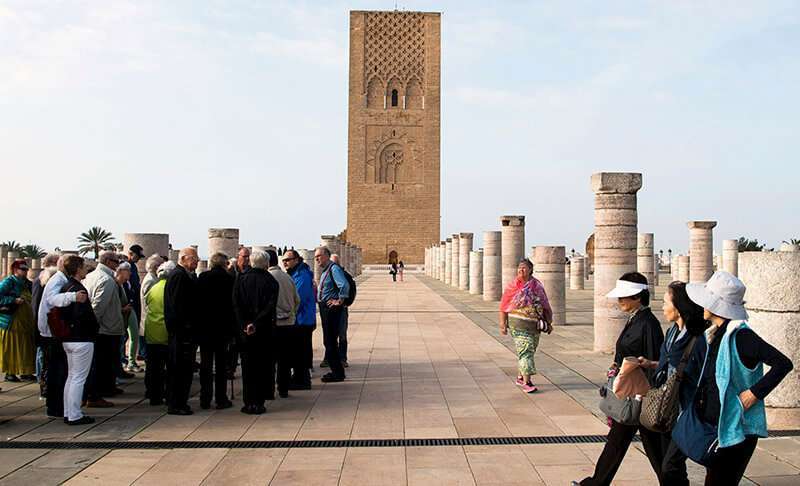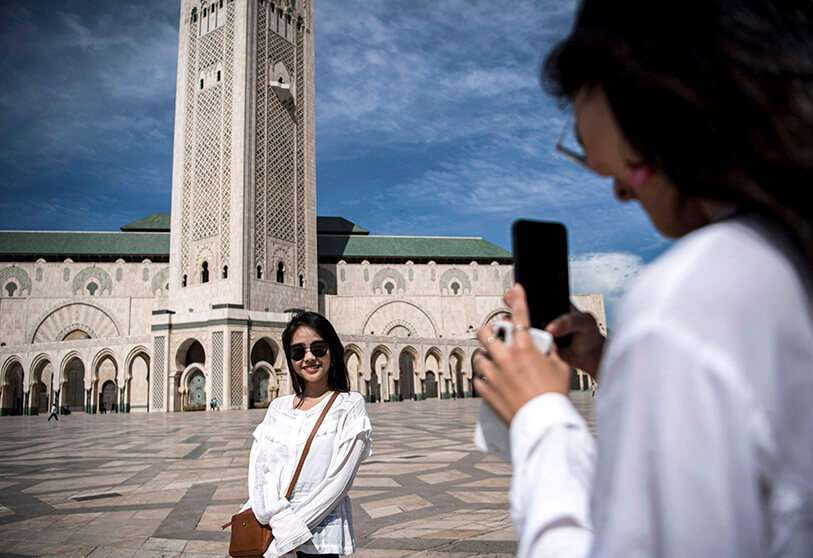Marruecos ayuda a los trabajadores del sector turístico

Fatima Zahra Ammor, Morocco's Minister of Tourism, has met in a working session with the Government of the Alawi country and representatives of the National Confederation of Tourism to discuss tourism in the Kingdom. The minister promised to launch a plan to try to alleviate the effects of the border closures. This project is called "Let's meet in our country".
To this end, during the meeting, the ministry stressed the urgent implementation of further measures, which will be financed with the support of the Mohammed VI Fund. This fund was created under the supervision of the monarch himself, which has served since 2020 to provide aid and compensation to workers in the sectors most affected by the consequences of the pandemic and COVID-19. The minister proposed ten measures during the session to the National Confederation to rescue the sector. One of these proposals includes a new extension of the compensation of 2,000 dirhams, to be received by each of the workers in the tourism sector.

In addition, Ammor emphasised the need to look for different alternatives after the closure of the borders, and that, therefore, tourism cannot be received from foreigners. The minister proposed a revival of domestic and local tourism in the Kingdom as part of this emergency plan, which, if effective, would rescue the sector, or at least lessen the consequences. At the same time, it has also called for the investment of money, as well as the construction of affordable or lower-income resorts so that the nation's citizens will dare to discover the places in their country that they do not yet know.
These buildings come out of a new joint study conducted by the Ministry of Tourism and the National Tourist Office (ONMT) which has identified what Moroccan customers like most when they travel. The test has revealed the preferences that Moroccans have, with the majority agreeing that they are looking for holidays in coastal locations, the countryside, historical tourism or sports tourism. The Ministry of Economy and Finance has also collaborated on these ideas and has affirmed the creation of holiday vouchers that will reduce travel costs.

The health crisis around the world, a consequence of Omicron, is forcing countries to armour themselves to protect their citizens from contagion. Morocco was one of the first countries to take exceptional measures against this variant and since 29 November has closed all borders, both air and sea. The news caused a great stir, as many tourists were inside the country and the border closure caused them uncertainty about what was going to happen; and the same for Moroccans outside the Kingdom, as they could not return home.
The authorities in charge stressed that these measures were taken to "preserve the achievements made by Morocco in the fight against the pandemic and to protect the health of its citizens". The latest initiative to rescue Moroccans outside the country is that the airline Royal Air Maroc has offered three trips back to the country. The flights took off on the 22nd of this month from Portugal and Turkey, and ended their journey in the city of Agadir.

The tourism sector is the most affected by these measures and by the passage of the coronavirus in the country. Several experts have already predicted that this year the consequences will be negative and very similar to the results obtained in 2020, where the sector recorded a 79% drop compared to 2019. Moreover, this news has coincided with the pre-Christmas season and Christmas, key dates when Morocco receives many visitors.
Since the beginning of the pandemic, Morocco has registered almost one million people infected by the virus and these days almost 500 cases per day are being registered. The death toll is around 15,000, with six deaths per day. On the other hand, the rate of vaccination with two doses is 72.6 per cent of the total population, with almost 23 million citizens inoculated with the full regimen.








